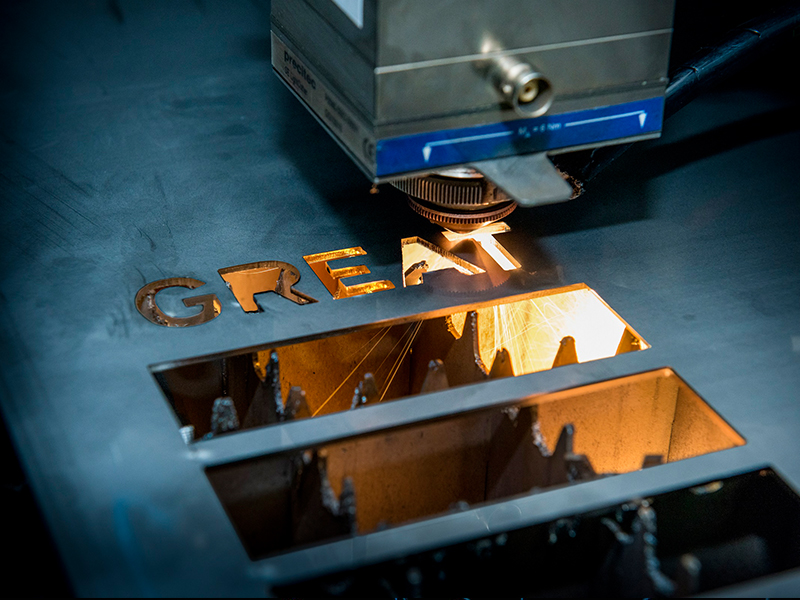
The Future Photonics Hub
UK Photonics Manufacturing Research Hub
The Optoelectronics Research Centre (ORC) is one of the world’s leading institutes for photonics research, based in the Zepler Institute, at the University of Southampton.
We are always looking for remarkable students to join our PhD research team to work on groundbreaking projects.
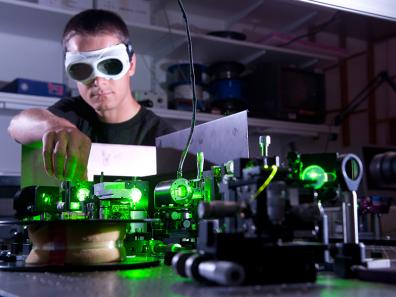
Lasers, Optical Parametric Oscillators and non-linear devices that perform, for example frequency conversion.
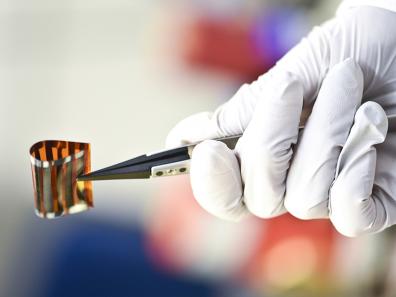
Optical Materials involves the discovery, fabrication and characterisation of substances with new or interesting optical properties.
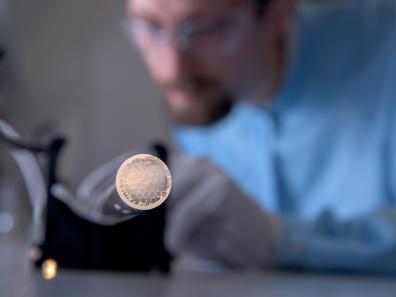
The history of the optic fibre is closely linked to the ORC, and today the innovation continues as new fibre designs and techniques continue to be developed.
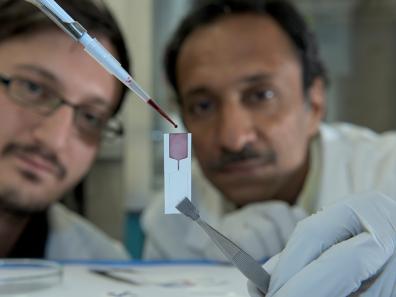
Exciting emerging technologies involving the interaction of light at the smallest levels. These groups are working with sub-micron structures and devices with a range of application such as biological work driving a new wave in medical advancements.

Many of the ORC's greatest achievements come from exploring the fundamentals of optics and quantum electronics. These groups are improving the understanding of light and matter to feed our own insatiable appetite for discovery
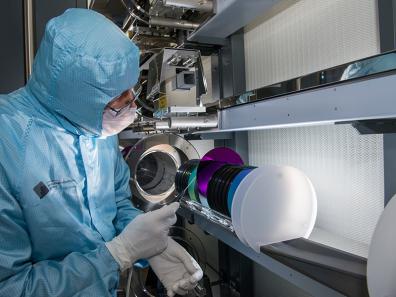
Historically, the ORC has participated in the key innovations that enable the worldwide optical networks. This work is continuing today, as new techniques push out the boundaries of communication speed and cost.

We have a vibrant community of researchers, led by some of the leading figures in the field of photonics, who have contributed significantly to the remarkable growth of the photonics industry, including the optical telecommunication technology that underpins the internet as well as solutions in medicine, biosciences sensing, security and manufacturing.
In recognition of our world-leading expertise in photonics and fibre optic technology, and the many decades of inspired innovation by the ORC to provide solutions for real-life problems, the University of Southampton’ has been awarded a prestigious Queen's Anniversary Prize for Higher and Further Education.
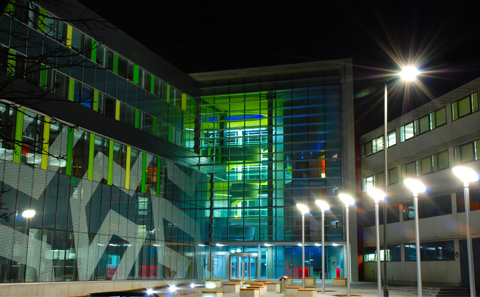
World-leading laboratories
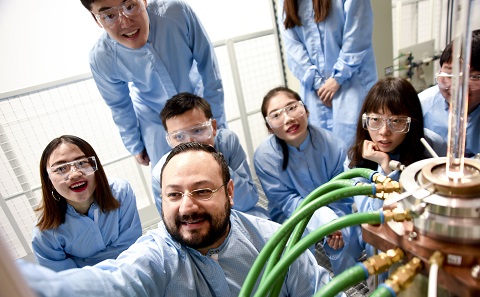
Cutting-edge qualifications
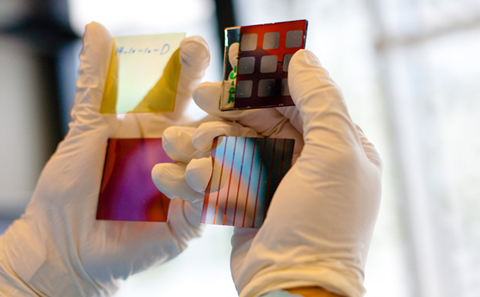
Kickstart your career

Our latest achievements
Being honoured with the prestigious Queen's Anniversary Prize is recognition of just how important photonics is to the UK and the extensive role the University of Southampton has played in leading photonics research since the 1960s.
Work for us
Learn more about our public engagement work
We foster a strong culture of innovation at the ORC, forging close industry links
Upcoming events hosted by or involving ORC members
Keep in touch after you graduate
Search and view our publications database
COVID-19 STATEMENT
We are delighted that in accordance with Government guidance encouraging laboratory-based research to be resumed in a safe manner, the clean rooms and laser laboratories are open for priority research and development work.
Risk assessments and significant changes to operating procedures have been conducted to ensure safety is maintained at all times.
We are operating with reduced occupancy and added hygiene so that the rules on social distancing and good practice are met.
The safety and wellbeing of our staff and students is our utmost priority, and Government advice continues to be that those who can work from home should continue to do so.
This is good news for our research and enterprise activities and means PhD students can continue their studies.
We are enormously grateful to our sponsors and staff for bearing with us in these difficult times. Your generous support ensures our community continues to thrive.
Thank you.
Professor Sir David Payne
For University information see footer below